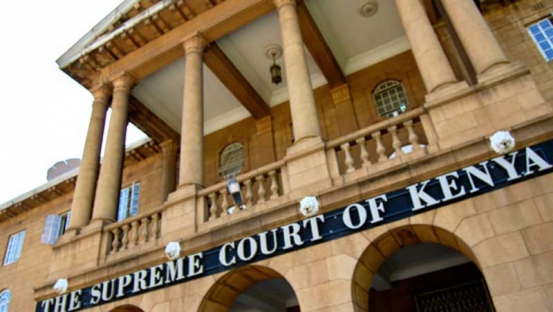×
The Standard e-Paper
Home To Bold Columnists

As the deadline for challenging President Uhuru Kenyatta’s win in the repeat presidential election draws near, fresh issues that could form the basis of a petition have emerged.
Unlike in the August 8 petition which nullified Uhuru’s win, a number of key disputes that did not form part of the successful petition by National Super Alliance (NASA) have been brought to the table and are likely to shift the legal discourse in upholding or cancelling the October 26 repeat poll if a petition is filed.